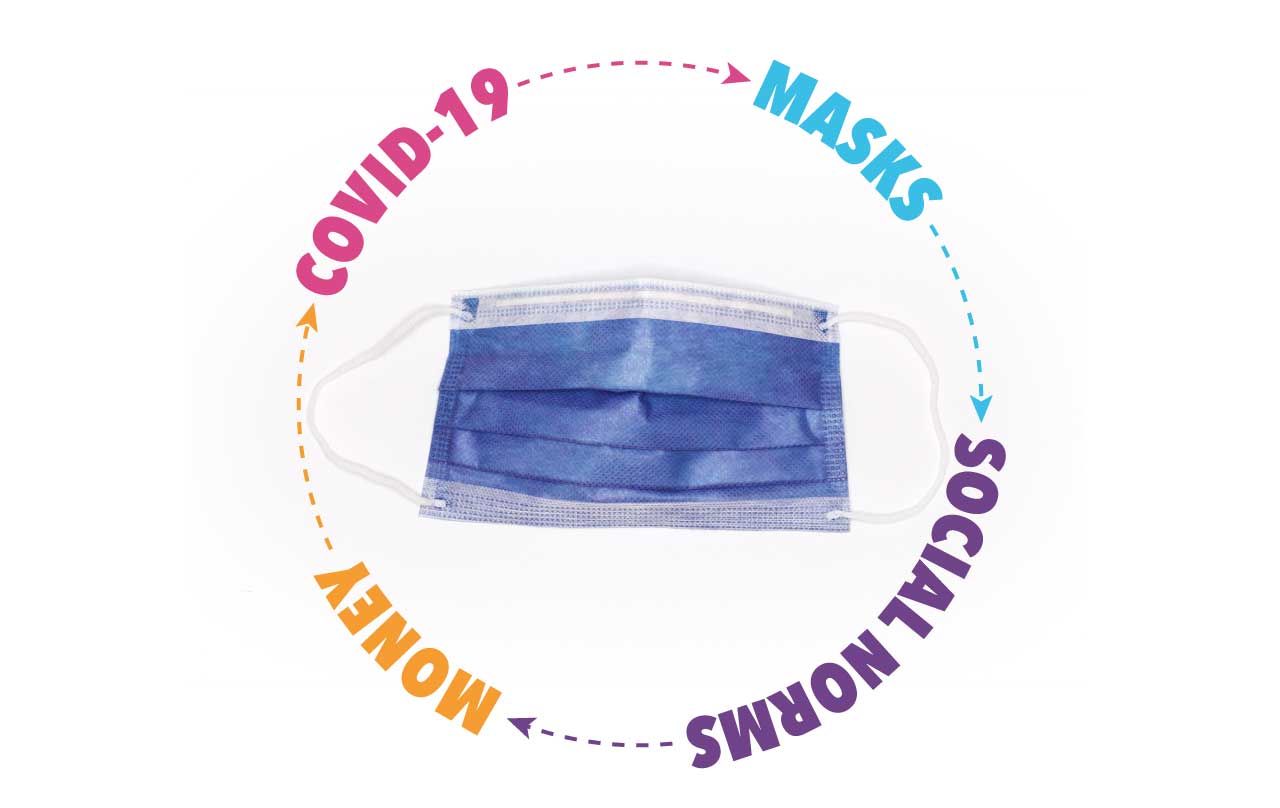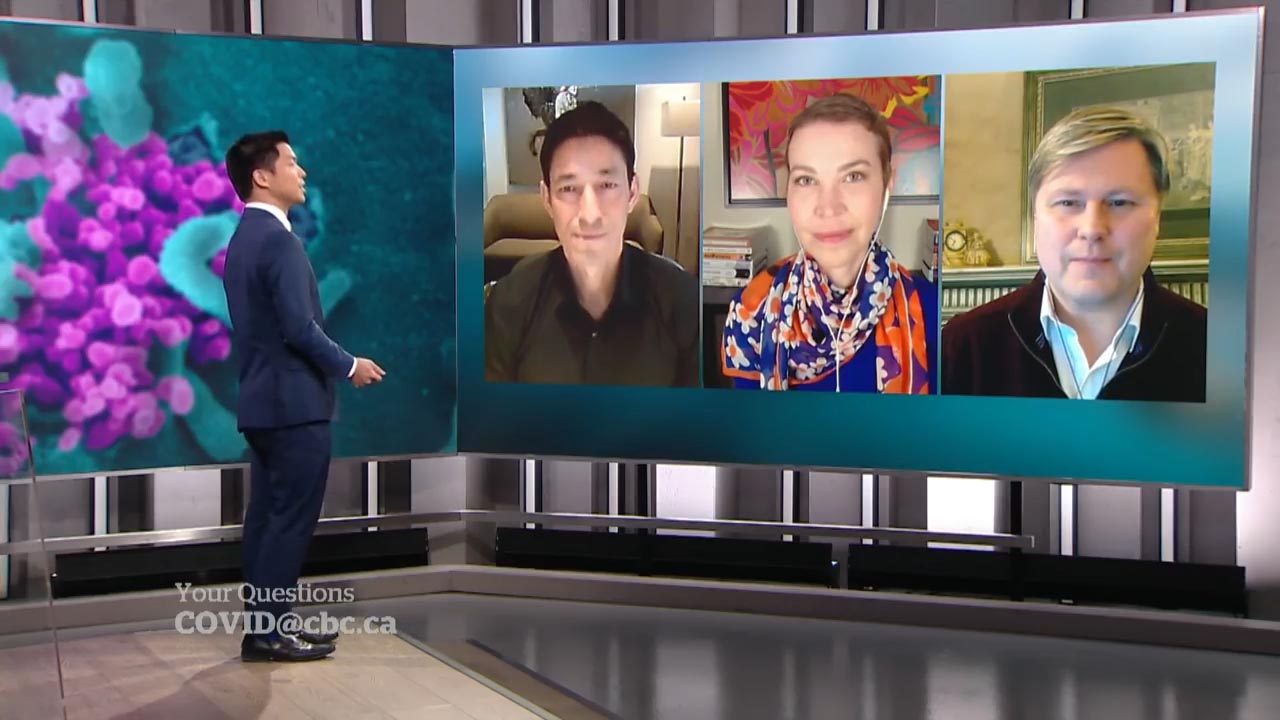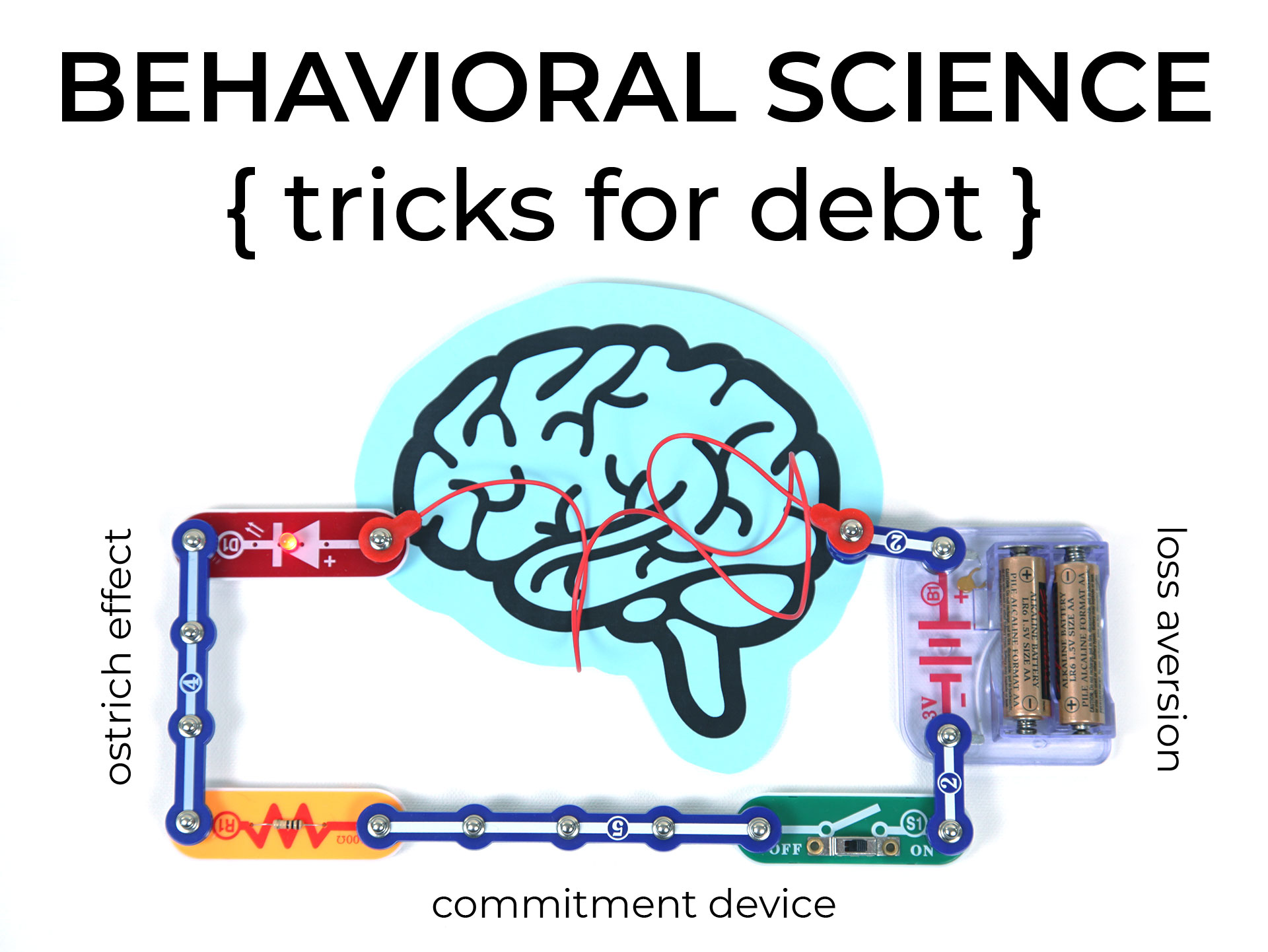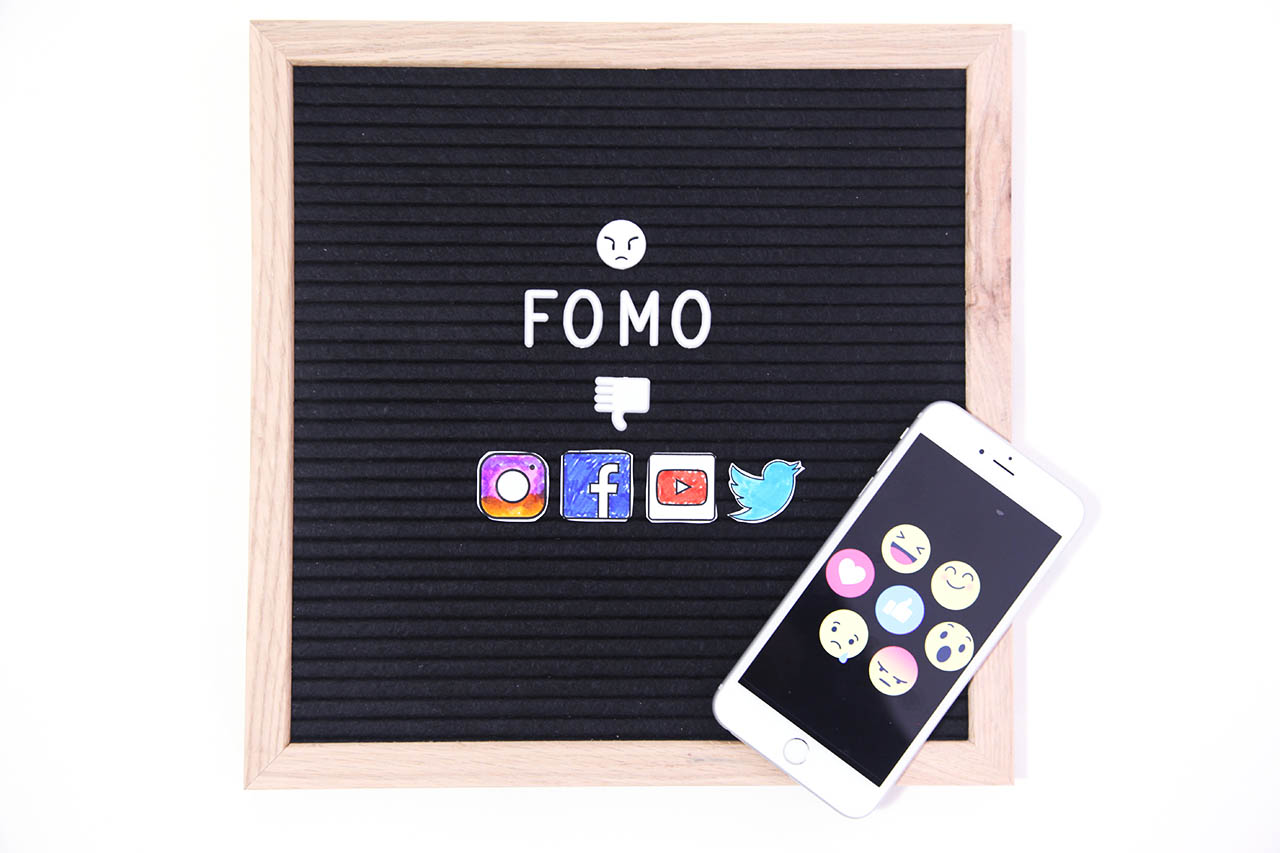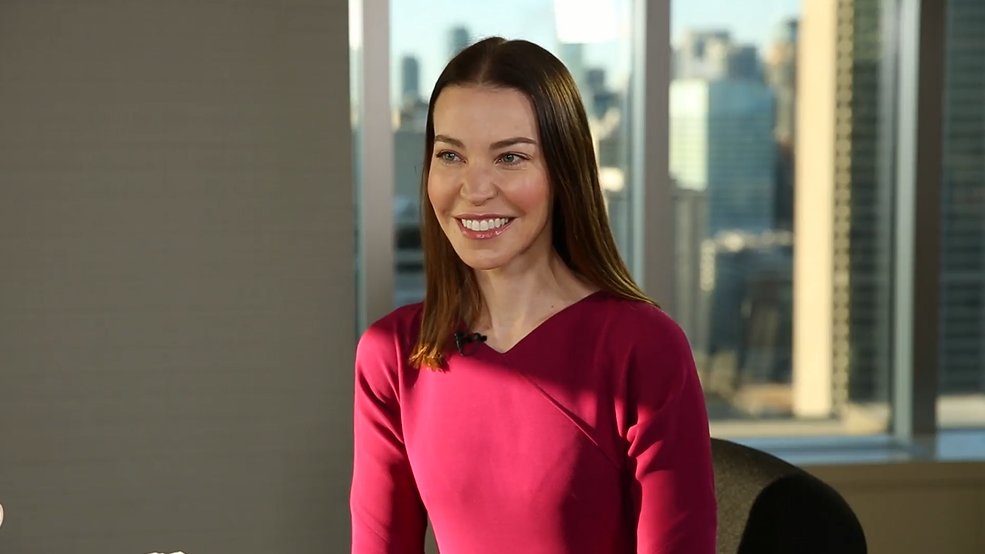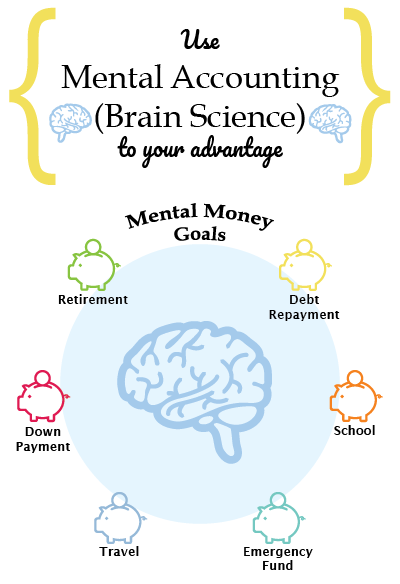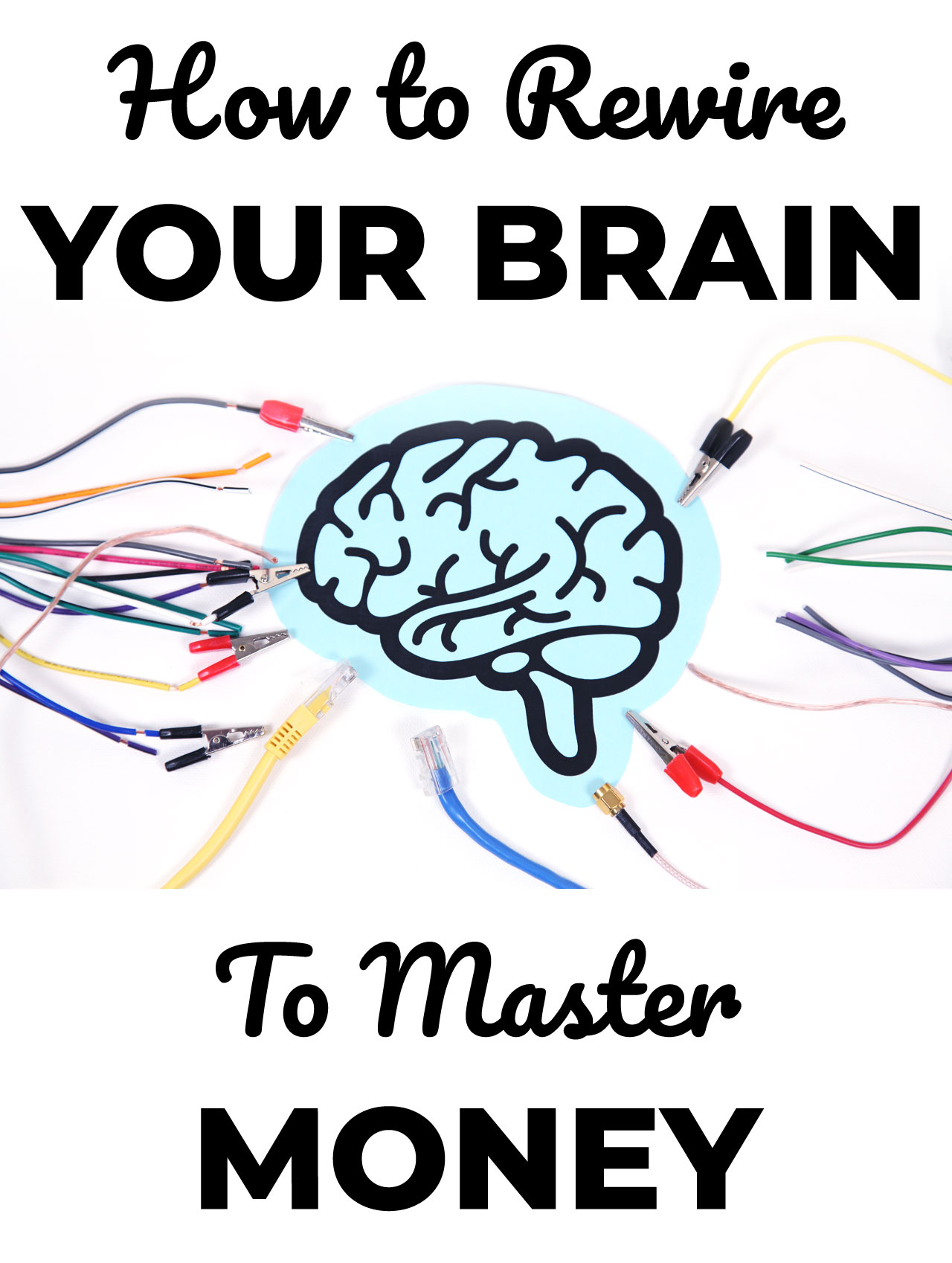Masks and Money: How COVID-19 is changing social norms
Social norms change when we collectively believe we’re doing something others expect us to do. We now wear masks to prevent spread of COVID-19. What about money? If COVID-19 has the power to change face wear, what about our spending, saving, and cash-using habits?
Your money during the COVID-19 pandemic
How to manage your money during the COVID-19 pandemic. Kerry answers your questions on CBC The National.
Mindfulness: What cancer survivors can teach us about surviving coronavirus
What truly matters in life? During the coronavirus COVID-19 pandemic, cancer survivors can help us understand mindfulness, priorities, and resilience. Here are 7 steps for defeating anxiety with mindfulness.
My diagnosis. I don’t know how to talk about this.
And then my doctor said the thing every woman fears. Here we go ...
Keynote Speaker Kerry Taylor: Come hear me speak!
When your company, association, or group is looking for a fun and impactful keynote speaker -- I'm here for ya! I've keynoted to thousands over the years and I can customize my message for special groups too.
3 Behavioral Science Tricks to Help You Pay Off Debt Faster
Behavioral science can help you tackle growing debt issues like credit card and student debt.
How social media and FOMO wire you to spend money
If you’re checking your social media feeds daily, chances are you’re spending money due to FOMO. Here’s how FOMO wires you to spend, and how to beat the emotional urge to splurge.
Finance is Personal on TV: Millennials, FOMO, and Loyalty Programs!
A new TV show called 'Finance is Personal' invited me to speak on FOMO, Millennials, Loyalty Programs, and Behavioural Finance. It's a fun segment, check it out!
Money Goals: How To Set Financial Goals That Slay
Financial goals can help you with immediate needs, slay your long term dreams, and reach everything in between. Let's use mental accounting to slay your money goals this year.
Behavioral Economics: Rewire your brain to master money
A series of common cognitive biases can be blamed for our poor saving habits.
